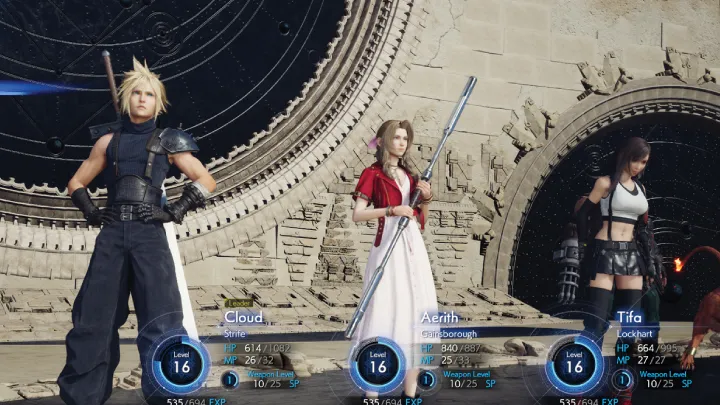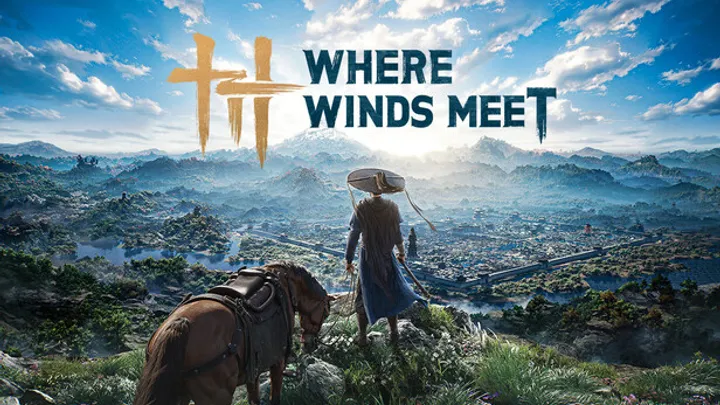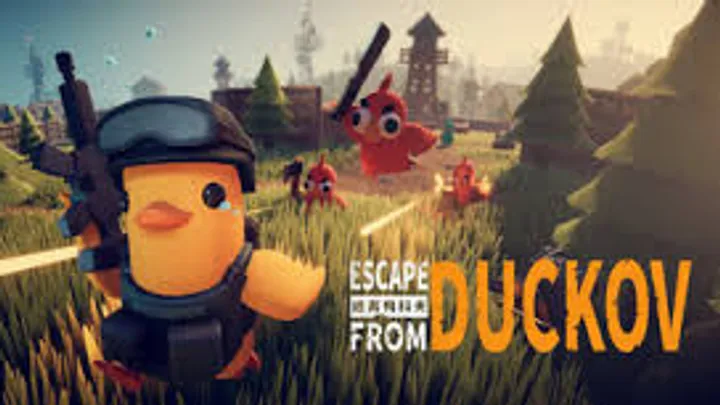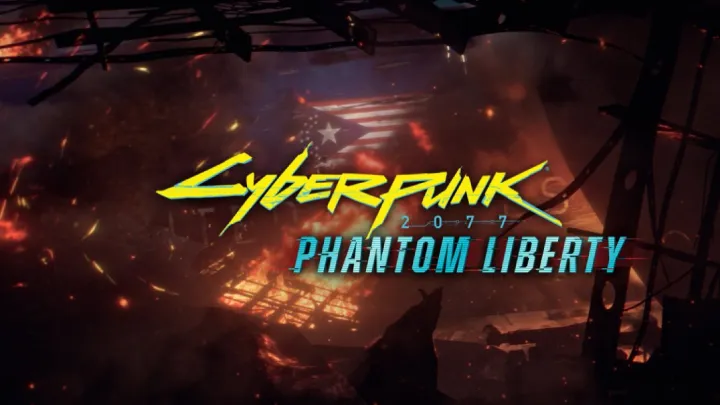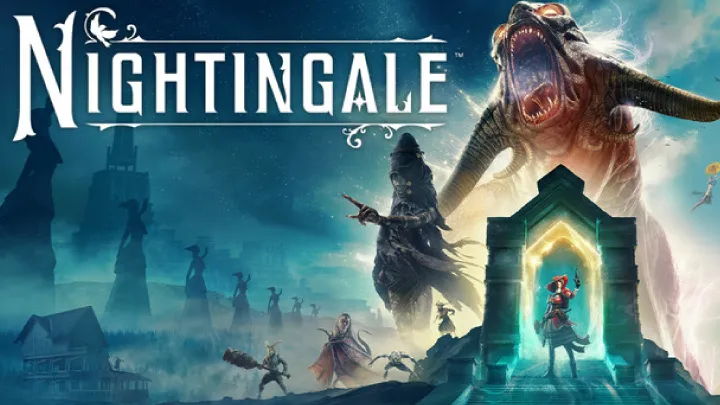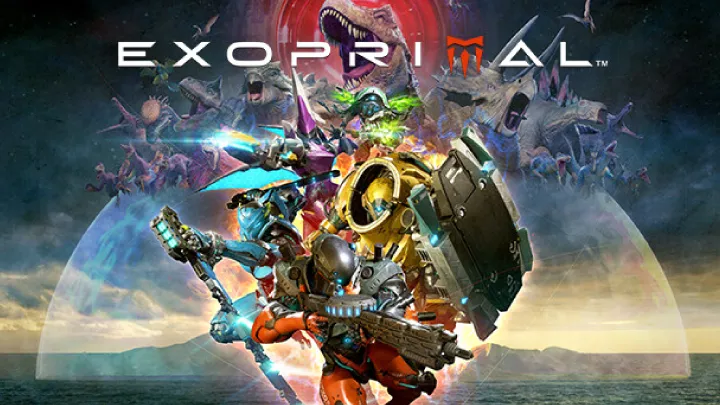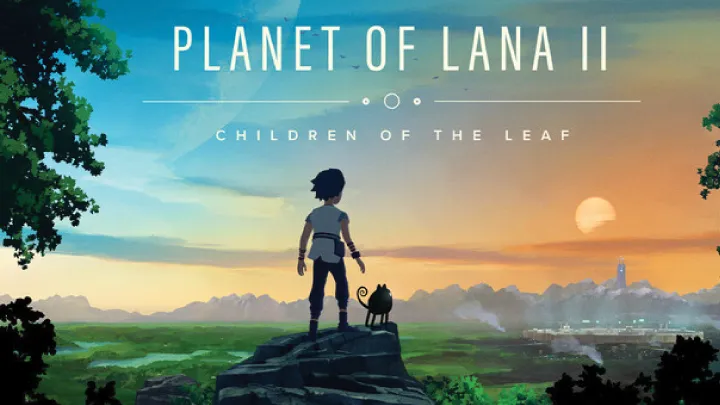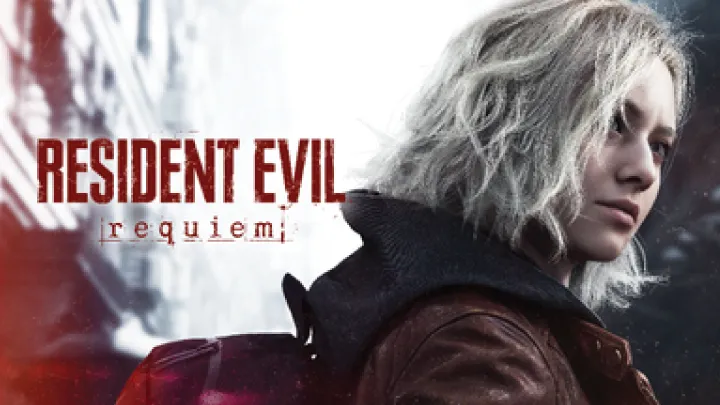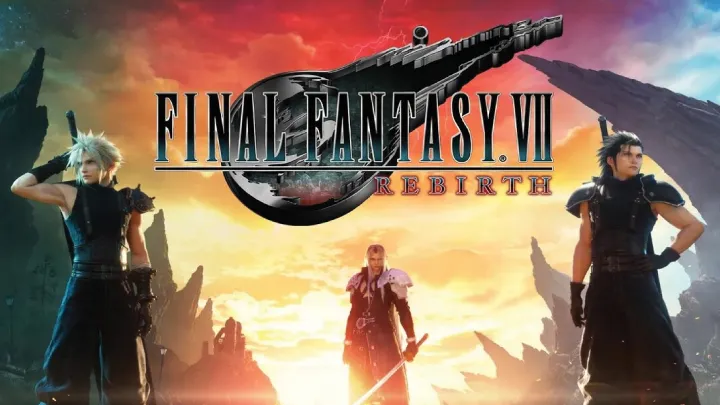
Final Fantasy VII Rebirth, the highly anticipated sequel in the Final Fantasy VII Remake project, dives deeper into the complex themes established in its predecessor. One prominent issue that permeates the narrative is the philosophical exploration of fate versus free will. This article examines how Rebirth intricately weaves these themes into its storytelling, character development, and gameplay mechanics, prompting players to reflect on the nature of choice and destiny within the richly constructed world of Gaia.
The Legacy of Fate in Final Fantasy VII
The idea of fate has long been a key theme in the Final Fantasy series, particularly in the original Final Fantasy VII. The tension between predetermined paths and the ability to forge one's destiny is not merely a backdrop; it serves as the emotional and philosophical core of the narrative.
Revisiting the Original
Final Fantasy VII introduced players to the concept of fate through the lens of various characters, particularly Cloud Strife and Sephiroth.
- Character Arcs and Destiny
- Cloud's journey from a confused mercenary to a hero underscores the struggle against preordained roles imposed by society and powerful entities. His identity crisis mirrors the broader question of whether individuals can escape their fated paths.
- Sephiroth as Fate's Avatar
- Sephiroth represents the darker side of fate—an inevitable force of destruction. His descent into villainy and the manipulation of fate by external forces raise questions about the extent of free will in the game.
Setting the Stage for Rebirth
Final Fantasy VII Rebirth builds upon these foundational concepts by exploring the intricate web of fate that binds its characters.
- The Continuation of Threads
- The remake reframes these themes, suggesting that players will confront even deeper philosophical questions. What has changed since the original? How do choices in this new narrative path alter the Tapestry of Fate?
The Role of the Whispers
A significant addition to the narrative in Final Fantasy VII Remake was the introduction of the Whispers (Arbiters of Fate), ethereal beings that enforce the paths characters are meant to take.
Enforcers of Destiny
The Whispers serve as a direct representation of fate, actively intervening to keep characters on their designated paths.
- Influence on Events
- Their involvement in critical plot points raises ethical dilemmas about control and autonomy. Are characters truly real if they are constantly nudged toward predetermined outcomes? Players experience this dissonance as they navigate the world.
- Moral Ambiguity
- The Whispers are not solely adversarial; their role invites players to question whether fate is inherently malevolent or simply a guiding force. This nuance adds depth to the already complex themes of the game.
Agency Against Control
Throughout Rebirth, players must confront the Whispers as they struggle between following fate or carving their own paths.
- Defiance of Fate
- The characters' attempts to defy or negotiate with the Whispers create tension in the storyline. Their choices emphasize the struggle between preordained roles and the desire for autonomy.
- A New Narrative Frontier
- As the protagonists evolve, players witness scenes of defiance against fate, leading to new directions in the story that challenge the very notion of what it means to be controlled by fate.
Character Dynamics: Choice and Influence
The interplay between characters deepens the exploration of fate versus free will. Relationships among characters serve as critical touchstones for this theme.
The Bonds of Friendship
The camaraderie between main characters often illustrates the power of choice in shaping destinies.
- Cloud and Tifa
- Tifa's influence on Cloud’s growth embodies the power of friendship in shaping one’s path. Their relationship acts as a catalyst for Cloud to confront his past, suggesting that personal connections can alter fate's trajectory.
- Aerith’s Role
- Aerith, as a pivotal character, introduces an additional layer to this discussion. Her unique connection to the planet and her eventual fate raises questions about sacrificial destiny and the impact of choices on others.
Rivalries and Identities
Contrasting relationships, particularly between Cloud and Sephiroth, accentuate the argument over fate versus free will.
- Contrast in Aspirations
- Sephiroth’s drive towards destruction is juxtaposed with Cloud’s developing purpose as a protector. The ideological clash between these two characters emphasizes that while one may be driven by fate, the other seeks meaning and agency in choice.
- Reflection of Choices
- Each character’s journey is shaped by their decisions, underscoring the idea that while fate may set the stage, it is individual choices that determine how each story unfolds.
Plot Progression and Narrative Flexibility
One of the most compelling aspects of Rebirth is how it presents open-ended situations that allow for player choice to influence the story.
Branching Paths
The introduction of choice-based events allows players more freedom than was previously available in the original game.
- Multiple Outcomes
- Key decisions lead to different outcomes, enabling players to experience various facets of the narrative. This design not only enhances replay value but also emphasizes the theme of individuality in a seemingly predetermined world.
- Consequences of Actions
- Every choice has ramifications in the game world, affecting character relationships and plot developments. This web of consequences reinforces the message that players must grapple with their decisions throughout the game.
Embracing the Unexpected
Characters and events often take unforeseen turns, subverting expectations set by the original game.
- Reinventing Moments
- Iconic scenes from the original Final Fantasy VII are recontextualized, creating new opportunities for exploration of fate. Players face familiar scenarios but with choices that allow for divergence from past outcomes.
- Empowering Players
- The flexibility in narration empowers players with the ability to influence significant moments, reinforcing the idea that they hold the reins over their own fates—or at least they believe they do.
Themes of Sacrifice and Freedom
Sacrifice plays a significant role in exploring the balance between fate and choice in Rebirth.
Choices Under Pressure
Characters often face dilemmas that require them to make significant sacrifices, illuminating the tension between personal freedom and the demands of fate.
- Character Sacrifices
- Moments that require characters to sacrifice their desires for the greater good challenge the notion of free will. The tension between individual will and collective needs raises compelling ethical questions about the nature of sacrifice.
- Influence of External Forces
- The weight of expectation and duty shifts characters' decision-making processes. They must reconcile personal desires with what is destined or expected of them, creating layers of conflict and resolution.
The Paradox of Freedom
The theme of sacrifice also invites discussion about the true meaning of freedom within the context of fate.
- Bound by Destiny
- Even acts of defiance can feel predetermined, suggesting that despite believing themselves to be free, characters are still constrained by overarching narratives.
- Quest for Liberation
- In their attempts to fight against fate, the characters strive for a form of liberation that transcends physical boundaries, ultimately questioning the essence of true freedom.
Player Engagement: The Role of Audience Interpretation
A significant aspect of the exploration of fate versus free will in Rebirth lies in the player's engagement with the narrative and their interpretations.
Immersive Storytelling
The game’s narrative structure invites players to immerse themselves deeply in their character’s journey and the larger philosophical questions at play.
- Emotional Investment
- Players develop emotional connections with characters, making the stakes of their choices feel palpable. The depth of storytelling enhances engagement, prompting introspection on their own decisions within the game.
- Reflecting Personal Beliefs
- The philosophical underpinnings challenge players to reflect on their own views regarding fate and free will. How does their understanding of these concepts influence their gameplay choices?
Co-Creating the Narrative
By empowering players to influence the story, the game becomes a co-created narrative experience.
- Multiple Perspectives
- Each player’s journey results in unique interpretations of events, providing an avenue for discussion. Varied playthroughs can yield different reflections on fate, allowing for rich dialogue within the community.
- Challenging Fixed Narratives
- Players who challenge the boundaries of the game’s established storylines facilitate broader conversations about the nature of choice and destiny, echoing the game’s core themes.
The Future: What Lies Ahead in the Story
As Final Fantasy VII Rebirth pushes the narrative forward, it raises questions about the future implications of its themes.
Destiny Revisited
Anticipation regarding characters’ futures prompts discussions about how free will and fate will continue to play out.
- Further Conflicts
- Future installments will likely explore the ramifications of previous decisions, challenging players with new dilemmas tied to the themes of fate and choice.
- Continuing the Conversation
- The discussions sparked by Rebirth may lead to deeper involvement with the mechanics of choice in future titles, transforming player expectations around agency in storytelling.
Legacy of Choices
The legacy left by player choices in Rebirth will resonate throughout the series.
- Enduring Impact
- Choices made in this installment will shape narrative directions in potential sequels, allowing for a continually evolving dialogue about free will and destiny.
- Connecting to the Original
- As ties to the original game remain strong, future narratives will have to reconcile the legacies of past decisions, further deepening the philosophical discourse.
Conclusion: The Unending Dance of Fate and Free Will
Final Fantasy VII Rebirth intricately explores the philosophical themes of fate and free will, masterfully prompting players to engage with these issues through character interactions, plot decisions, and emotional storytelling. The nature of fate—whether it serves as an unyielding force or a mere suggestion—remains central to the narrative's emotional weight, inviting players to reflect upon their own choices within the larger tapestry of life. As they navigate this richly constructed world, players are left to ponder the enduring question: to what extent do we control our destinies, and what role does fate play in shaping who we become?